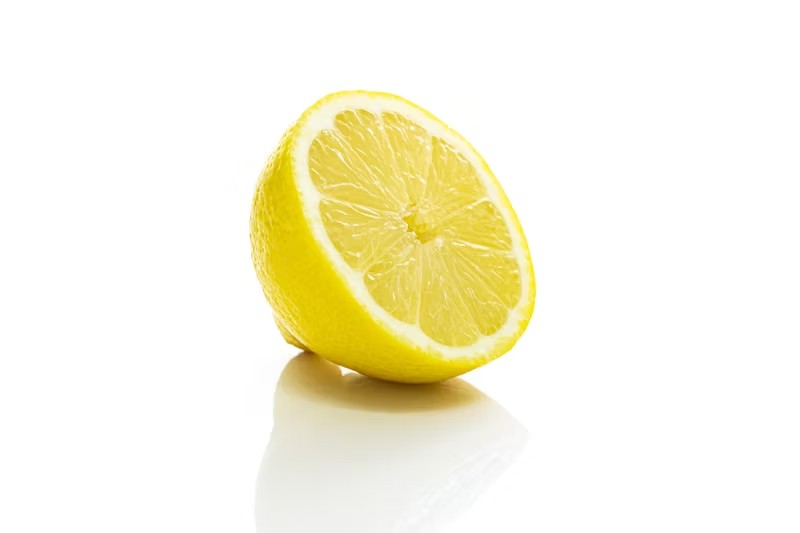
Vitamin C is a vital nutrient that plays a significant role in supporting the immune system. Here’s how it contributes to immune health:
🛡️ How Vitamin C Enhances Immunity
Boosts White Blood Cell Function Vitamin C stimulates the production and enhances the function of white blood cells, such as lymphocytes and phagocytes, which are essential for defending the body against infections.
Strengthens Skin Defenses As an antioxidant, vitamin C is actively transported to the skin, where it helps maintain the skin’s barrier function, providing a first line of defense against pathogens.
Reduces Inflammation Vitamin C has anti-inflammatory properties that can help lower levels of pro-inflammatory compounds, aiding in tissue healing and recovery from infections.
Enhances Antibody Production Adequate vitamin C levels are associated with increased production of antibodies, which are crucial for identifying and neutralizing harmful invaders.
Supports Neutrophil Function Neutrophils, key players in the immune response, rely on vitamin C to perform effectively. Supplementation has been shown to improve their ability to combat infections.
🥦 Natural Sources of Vitamin C
Incorporating vitamin C-rich foods into your diet is an excellent way to support immune healt. Some top sources include:
Amla (Indian Gooseberry) – Approximately 610 mg per 10g Guava – Around 228 mg per 10g Bell Peppers – About 80 mg per 10g Kiwifruit – Approximately 161 mg per 10g Strawberries – Around 59 mg per 10g Oranges and Lemons – Approximately 53 mg per 10g These foods are not only rich in vitamin C but also provide other essential nutrients that contribute to overall healt.
💊 Supplementation Consideration
While it’s best to obtain vitamin C from dietary sources, supplements can be beneficial, especially if dietary intake is insufficiet For adults, a daily intake of 75–90 mg is recommendd Higher doses, such as 1–4 grams per day, have been studied for their potential to reduce the duration of colds, particularly in individuals under physical stress.
It’s important to note that excessive intake of vitamin C (over 2,000 mg/day) may lead to gastrointestinal discomfot.
✅ Summary
Vitamin C is a powerful ally in maintaining a healthy immune systm Regular consumption of vitamin C-rich foods, along with appropriate supplementation when necessary, can help bolster your body’s defenses against infectios Always consult with a healthcare provider before starting any new supplement regimen to ensure it’s appropriate for your individual health needs.
Best sources of Vitamin C
🥭 Top Fruits High in Vitamin C
Guava: Approximately 228 mg per 100g
Amla (Indian Gooseberry): Around 700 mg per fruit
Papaya: About 95 mg per small fruit
Kiwi: Approximately 64 mg per fruit
Strawberries: Around 97 mg per cup
Oranges: Approximately 97 mg per large fruit
🌶️ Vegetables Rich in Vitamin C
Red Bell Peppers: About 190 mg per cup
Broccoli: Approximately 81 mg per cup
Brussels Sprouts: Around 74 mg per cup
Cauliflower: Approximately 51 mg per cup
Green Chili Peppers: About 109 mg per pepper
🍊 Other Notable Sources
Tomato Juice: Approximately 170 mg per cup
Cantaloupe: About 57 mg per cup
Lemon: Approximately 45 mg per fruit
—
To maximize vitamin C intake, consume these foods raw or lightly cooked, as vitamin C is sensitive to heat and can degrade during cooking Incorporating a variety of these fruits and vegetables into your daily meals can help ensure adequate vitamin C intake.
